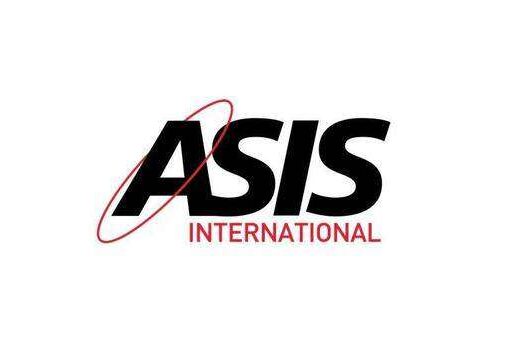On 17 November 2021, Axis Communications hosted its second conference at Expo 2020, presenting the latest transformative technologies in the world of AI and surveillance. Titled ‘Artificial intelligence for a smarter, safer tomorrow’, the conference brought together the insights from industry experts to highlight the various challenges and opportunities that come with using artificial intelligence (AI) to create a safer, smarter, and more sustainable future.
In today’s data-driven age, AI is leading a fundamental shift in the way we collect, analyse, and utilise information, providing us with unparalleled insights and capabilities that were never possible before. Modern surveillance systems generate tremendous amounts of data, but with traditional approaches, most of this valuable information is never used. However, with the power of more advanced cameras, Internet of Things (IoT) sensors, and surveillance analytics, today’s security technologies harness these insights to improve public safety, urban mobility, and environmental sustainability, as well as streamline operational efficiencies.
AI-enabled cameras are able to classify objects and events to trigger specific responses, and the metadata AI assigns to video content also allows thousands of hours of footage to be searched and collected faster and in more detail, greatly reducing the need for manual involvement. But with all the astounding capabilities and benefits that come with surveillance analytics, it’s also important to understand their limitations, responsibilities, and best practices.
At the conference, Timo Sachse, Axis Product Analyst EMEA, offered his insights on the importance of training and the constraints of AI, adding that, “AI will definitely help us in improving the efficiency in the security industry, and it will be faster and more reliable for those who invest time in testing and training their AI models. In the AI domain, it is also of fundamental importance to understand the specificness of the applications. AI may have many extraordinary capabilities but lacks what comes easy for us humans, which is, the ability to think.”
Timo Sachse was followed by Mats Thulin, Director of Core Technologies at Axis, who unpacked AI training on neural networks and testing AI analytics. “The quality of AI applications depends heavily on the data used for training the algorithm during development. Therefore, the performance and limitations of the application need to be carefully monitored and documented through the development phase and during deployment and testing. This is a shared responsibility between the manufacturer and all partners involved to understand and manage the limitations of an AI application in a specific scenario, to achieve the intended effects reliably and successfully,” Thulin commented.
The ‘Artificial intelligence for a smarter, safer tomorrow’ conference proved to be an insightful experience that took a deep dive into how the latest industry trends in AI and security are shaping our world for the better.
If you missed the event but would like to hear more about what the panel experts had to say, be sure to catch up with this session on-demand on the Expo 2020 website.
Media contact
Rebecca Morpeth Spayne,
Editor, Security Portfolio
Tel: +44 (0) 1622 823 920
Email: [email protected]

























